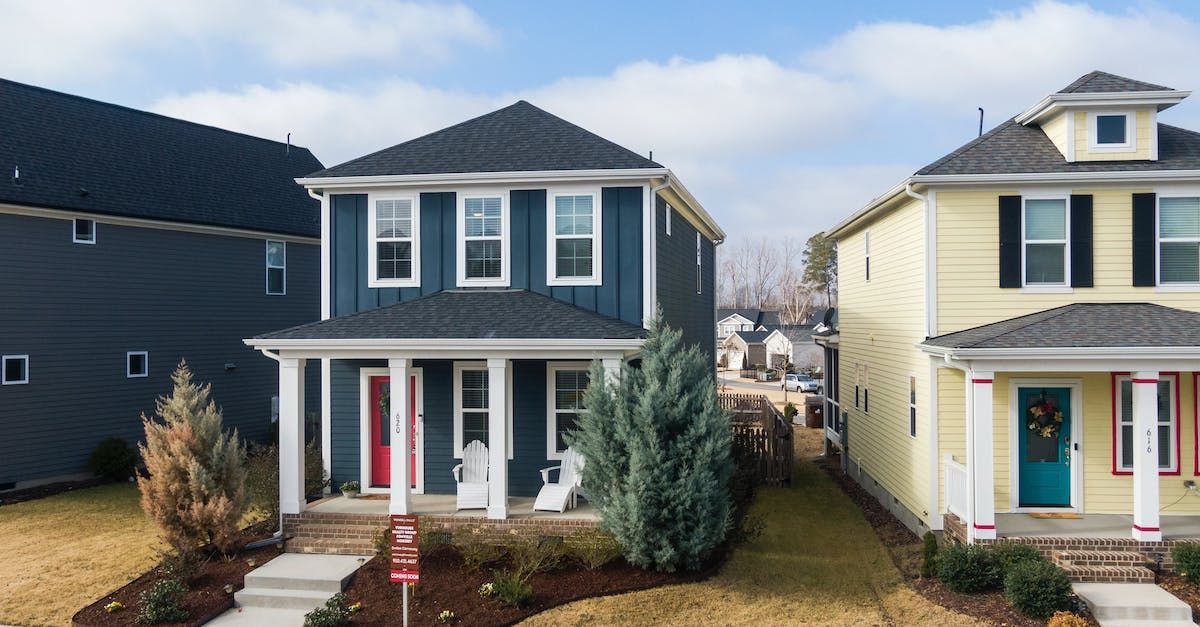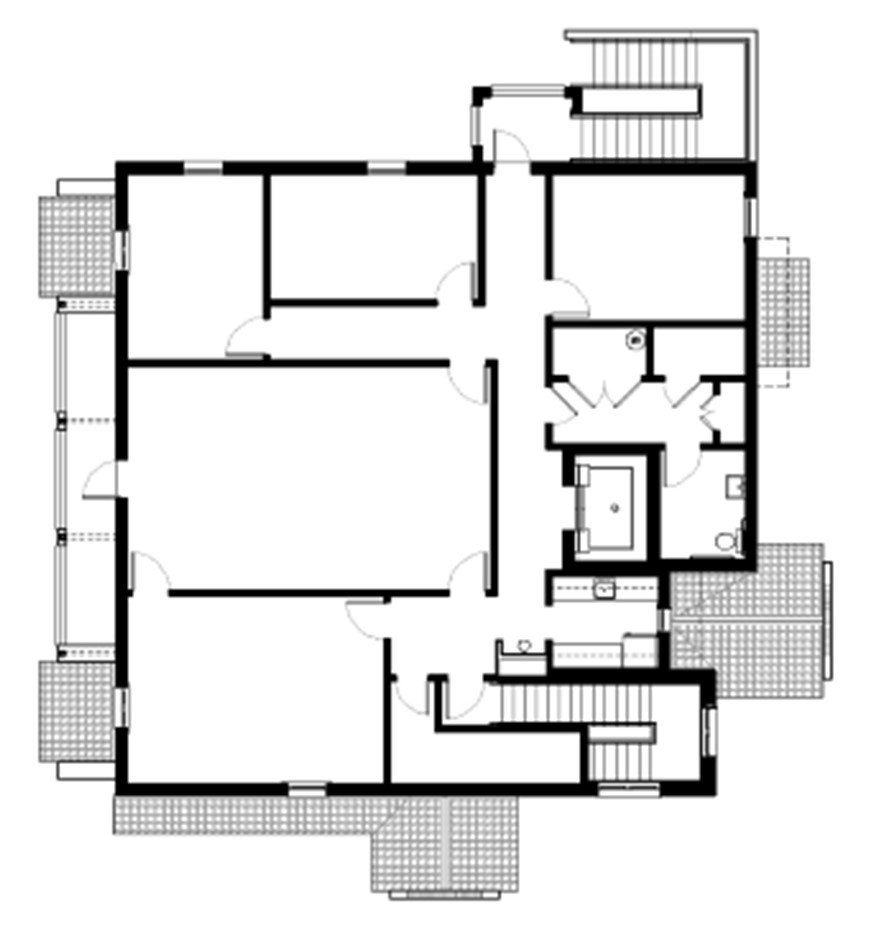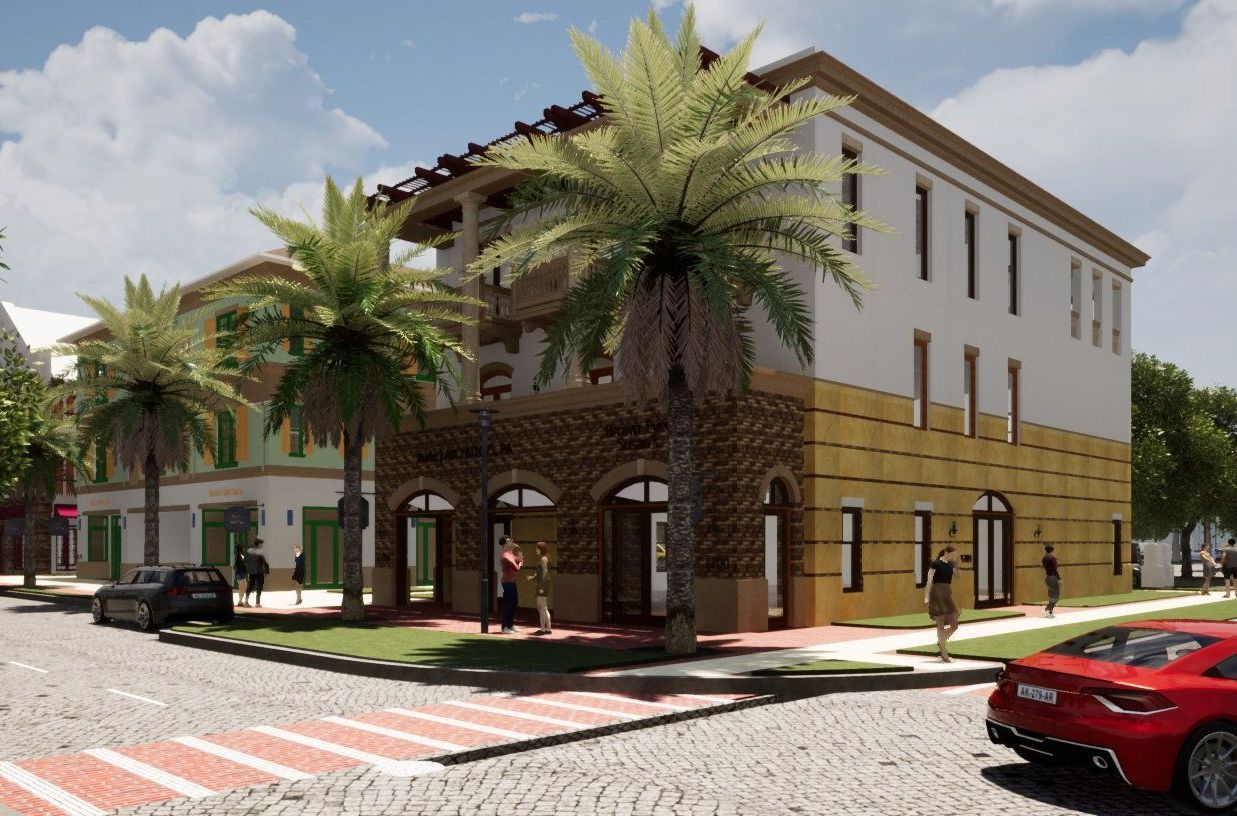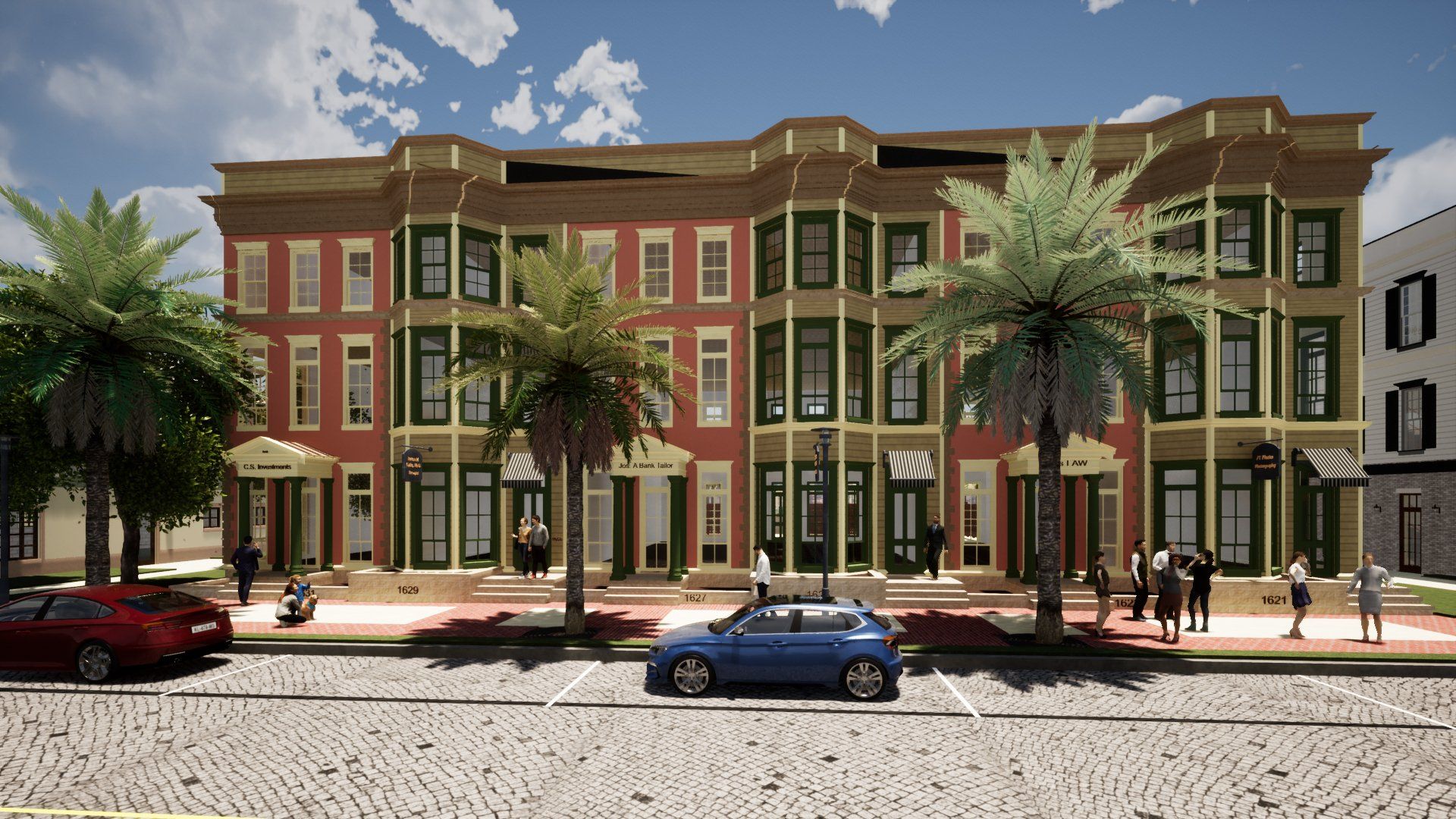Getting Ready to Hire Your Architect? What you Need to Know
As an architect, I am often asked by potential new clients to assist them with a project they have in mind. They usually come to me with no real idea of the needs for hiring an architect. In many of the cases, the potential client has not had any experience with a building project and has no idea of what needs to be done before they hire their architect.
So, what has to happen before you hire your architect?
Understand that you and your architect are going to be joined at the hip in executing your vision of what you want designed.
- First, do some research, that may sound daunting, but in the age of everything is on line, it’s not that hard. It’s easy to find out what architects design the type of projects you are going to build. Use the usual search engines by performing searches like “residential architects near me” if you are looking to have a house designed.
- Once you get a list of potential architects, visit their website. The website will show you the type of projects they execute. Take a good look at the projects, but also look at the area devoted to the firm itself. Some firms will tell you the process they use to design. Others will give a sketch bio or possibly even detailed bios of the firm leaders and staff. They may also tell you about the awards they have received if this is something that interests you.
- As you review the various architecture firm websites, it’s a good idea to know your objectives and goals for the project. If you have stylistic concerns for your project, have a few graphic images (photos) of what you like. Compare those images to what the architect’s website shows. Is your vision a fit with what that architect designs?
Some architects have a very specific style. Others will work with what your desires are. Determine this by closely observing their projects on the website. - Now, based on what you've seen and read about these architects, make a list of three or four architects that you may want to contact.
But WAIT, Don't Call Just Yet!
Before you call any of the architects on your list, you want to have a pretty good idea of what you want to do. When you speak to potential architects, you will want to be able to explain your goals and vision.
5. Compile your notes and any visuals you've collected for inspiration. For residential projects, online resources like Houzz or Pinterest make it easy to keep a collection of inspiration and ideas handy and easy to share. Or gather a folder of images on your computer, or simply keep a file or binder of photos and pages torn from magazines.
6. Be prepared to answer questions. The architect will need to know some specifics from you, such as:
- the time frame you are working with
- the type of project
- the location and the condition of the property or parcel
- your goals for the project
- your anticipated available budget
You should be ready to explain if you are working with an existing property or building on a new property; for example, is it purchased yet or not; are you looking for a major renovation or addition, or a new "ground-up" build?
7. You also need to have a very well‐developed idea of what you can afford to spend on the project, including the design fees.
I normally advise clients that when they know what they have to spend, depending on the type of project, design fees could run from five to twelve percent of the cost of the building depending on several factors the architect can review with you.
Many architects have moved away from offering their services on a percentage of the construction cost. Some clients see this method of compensation as a way for the architect to over‐design and run up their fees.
Our office sets fees based upon the services you will ask us to perform, we estimate the number of hours required to do the tasks and assign hourly rates that are competitive to those other architects might charge for the same levels of service in the area.
STARTING WITH AN EXISTING BUILDING?
If you are contemplating an addition to an existing house or you are going to move into an existing commercial space as a tenant, get the drawings of what exists.
If you have had a custom home designed previously and you are contemplating an addition or alteration, you may have the original drawings. If you do not, you may be able to obtain what was permitted from your local building department.
The drawings will save you time and money in having the architect measure th existing building or employing a consulting firm that can laser scan the building and give highly accurate drawings exist at the time of the scan.
Budget for the Unexpected
We also advise that you hold a contingency of money for unforeseen costs. Construction projects can have additional costs arise from many different scenarios – materials pricing, multiple or excessive revisions, weather delays, etc.
It is best to keep about 10 percent of your budget handy to take care of these unexpected expenses. If they do not arise, it will give you some extra cash at the end of the project to put in your pocket, buy something special or take a vacation.
8. Now, go ahead and make those calls.
When you speak with each architect, be very candid about what you want. Your relationship with the architect will get quite personal.
Depending on the type of project, the architect will have several questions relating back to the items detailed above. They may ask you to fill out a questionnaire that will facilitate other dialogue before a pencil (or mouse) is put to paper (or the computer).
Many architects like to meet you personally. This is done for a reason. Because the process gets very personal and will last months, even years, it is important that there be a level of trust and understanding between you and your architect. At times, the architect may have to apprise you of happenings that may not be to the best of your advantage. The architect must be able to look you in the eye and let you know that there is situation that needs a resolution. If the architect cannot do that, then they should not be your architect.
The initial in‐person meeting will help establish a positive, mutually trusting business relationship that makes it comfortable for both you and the architect to be candid and collaborative throughout the process.
Honest Questions & Honest Answers When Working with an Architect
9. When you make the calls, discuss the project openly and honestly. The architect should also give you honest and clear answers that will impact your decision to hire.
Many clients like to have the architect be local. In this day and age of the Covid‐19 pandemic, most have become comfortable with video conferencing. Being local may not be that important of a consideration.
Ask pointed questions.
Ask what services the architect will provide. It is more important to understand what the architect will do for you before you ask about fees. Take time to ask questions until you feel you have a good understanding of the process and services you can expect.
Most architects will want to have some detailed information before they can give you a proposal for the services and what the associated fees would be. In many cases, it is best to have the fee discussion after you have had at least one face to face meeting.
As you wrap up your initial call, decide if you may have more questions and set time to follow up. Chances are some of these initial conversations will spark new ideas and new questions for you, and you may want some time to gather more information and follow up.
You and your architect are going to be working together for a long time and through potentially complex and complicated, challenging situations.
Choosing an Architect for Your Project
10. As I mentioned above, you and your architect are going to be working together for a long time and through potentially complex and complicated, challenging situations.
You should consider who is going to be the best collaborator with you on your project.
Who will you feel comfortable with over the ups and downs of the project? Ask questions that help you get a sense of how they work, if they listen to you, how they will communicate with you and help you make decisions throughout your project.
It is your project, your money, and in the end, you are the user of the project. Your architect should be there to support you and guide you through the design and construction process. Your project should be a win‐win opportunity for both parties.
Greg Burke, FAIA














